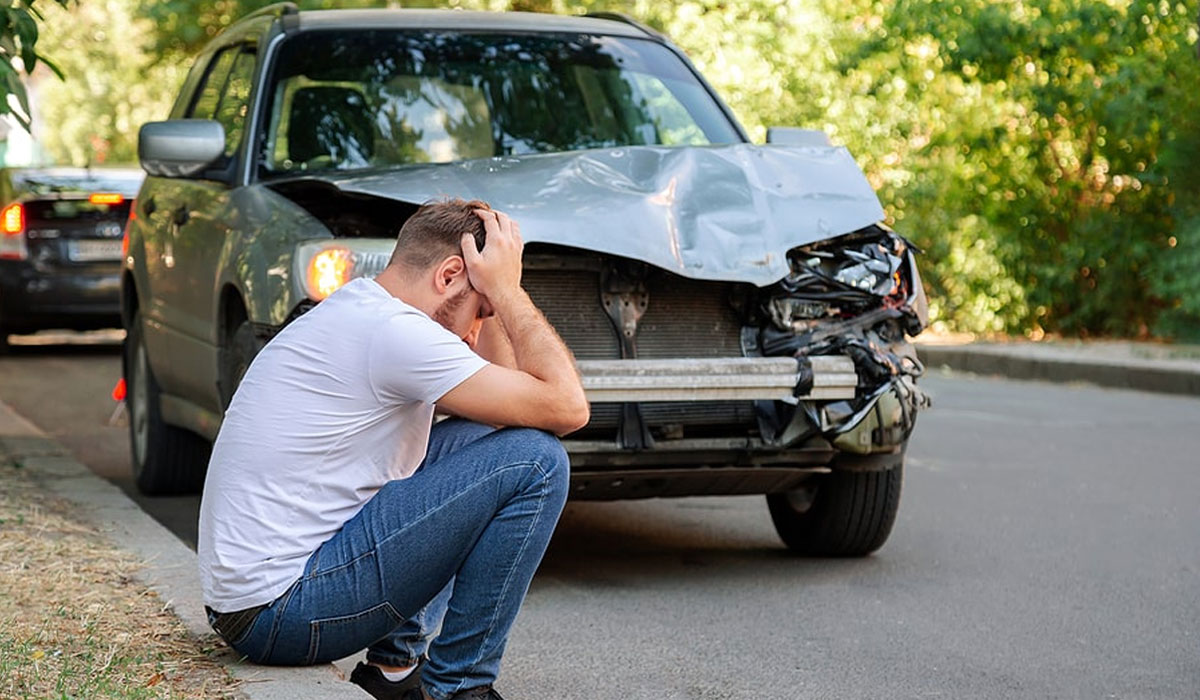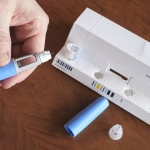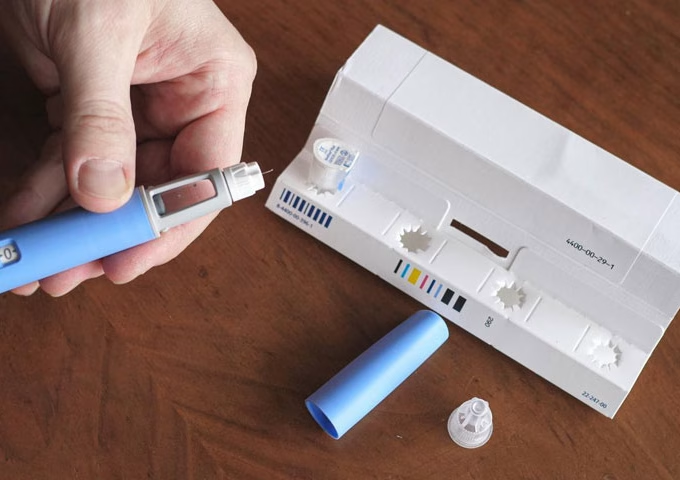Car accidents are sudden and often frightening experiences that can leave you feeling overwhelmed and unsure of what to do next. In the moments following an accident, your immediate priority should be to protect your health and well-being. However, it’s equally important to take steps that safeguard your legal rights, especially if you plan to seek compensation for any damages or injuries.
Knowing how to act in the aftermath of a car accident can make all the difference in your recovery—both physically and financially. In this article, we’ll explore the steps you should take immediately after a car accident to ensure your health is taken care of and your legal rights are preserved.
1. Check for Injuries and Seek Medical Help
The very first thing you should do after a car accident is to check yourself, your passengers, and others involved in the collision for injuries. If anyone is injured, call 911 immediately to get medical assistance. Even if injuries seem minor, it’s crucial to seek medical attention as some injuries, like whiplash or concussions, may not show symptoms right away but can worsen over time.
Why this matters: Seeking medical help creates a record of your injuries, which is vital if you decide to file a personal injury claim later. This documentation will serve as proof that your injuries were caused by the accident.
2. Move to Safety, if Possible
If the accident is minor and your vehicle is drivable, move your car to a safe location, such as the side of the road or a nearby parking lot. This helps prevent further accidents and allows emergency responders to reach the scene more easily.
If you are unable to move your vehicle or someone is severely injured, turn on your hazard lights and remain in the car until help arrives. Stay calm, and try to avoid panicking. The clearer your head, the more effective you will be at handling the next steps.
3. Call the Police and File an Accident Report
Even if the accident seems minor, it’s important to contact the police and file an official accident report. The police will document the details of the accident and create a report that can be critical when filing an insurance claim or pursuing a personal injury lawsuit.
When the police arrive, provide them with an accurate account of what happened, but avoid speculating or admitting fault. Stick to the facts and let the officers handle the investigation.
Why this matters: The accident report is often a key piece of evidence when determining fault in a car accident. Insurance companies and lawyers may use this report to assess liability and calculate damages.
4. Gather Evidence at the Scene
If you are physically able to do so, gather as much evidence as possible from the accident scene. This will help you later when dealing with insurance companies or building a personal injury case. The more information you have, the stronger your position will be when negotiating compensation.
What to collect:
- Photos: Take pictures of the damage to all vehicles involved, the accident scene (including road conditions), and any visible injuries. Be sure to capture different angles.
- Videos: A video of the accident scene can provide context that photos alone might not convey.
- Witness Information: If there were any witnesses to the accident, ask for their contact information and, if possible, a brief statement of what they saw.
- Exchange Information: Get the name, phone number, and insurance details of the other driver(s). Also, note the make, model, and license plate of their vehicles.
Why this matters: Evidence collected at the scene can support your claim and help prove who was at fault. This will be useful when dealing with the other party’s insurance or in court, if necessary.
5. Notify Your Insurance Company
After you’ve gathered the necessary information and received medical attention, contact your insurance company to report the accident. Many policies require you to notify them as soon as possible after an accident, even if you weren’t at fault.
Provide your insurance company with the basic facts of the accident, but avoid giving a recorded statement or admitting fault until you’ve consulted with an attorney. Your insurance adjuster will open a claim and guide you through the next steps for getting your vehicle repaired and filing for compensation.
Why this matters: Promptly notifying your insurance company ensures that you are complying with the terms of your policy. Delaying this step could jeopardize your ability to file a claim or receive coverage.
6. Seek Legal Counsel
If you were injured in the accident or if there’s a dispute over who was at fault, it’s crucial to consult with a personal injury lawyer. An experienced attorney will review the details of your case, explain your legal options, and help you navigate the often-complicated process of negotiating with insurance companies.
A lawyer can also protect your rights by handling communication with the other party’s insurance company, ensuring that you receive fair compensation for your injuries, medical bills, lost wages, and other damages.
Why this matters: Insurance companies may try to minimize your claim or deny it altogether. Working with an experienced law firm like The Embry Law Firm can help ensure that your rights are protected and that you receive the compensation you deserve.
7. Document Your Recovery
Keep a detailed record of your medical treatments, doctor’s visits, medications, and any other costs associated with the accident. If your injuries have caused you to miss work or limited your ability to perform daily tasks, be sure to document that as well. This information will be essential when calculating the total value of your personal injury claim.
Why this matters: A well-documented recovery process provides strong evidence to support your claim for compensation. Your lawyer can use this documentation to negotiate a higher settlement or present your case in court.
8. Don’t Settle Too Quickly
After the accident, the other party’s insurance company may offer a quick settlement to resolve the claim. While it may be tempting to accept an early offer, it’s important to consider whether it will cover all of your current and future medical expenses, lost income, and other damages.
Consult with your lawyer before accepting any settlement to ensure that you are receiving fair compensation. Once you agree to a settlement, you typically waive your right to pursue further claims related to the accident.
Why this matters: Accepting a settlement too soon can leave you with uncovered medical expenses or other financial burdens down the road. It’s important to understand the full scope of your injuries and damages before making any final decisions.
Knowing what to do immediately after a car accident is critical to protecting both your health and your legal rights. By seeking medical attention, documenting the accident, and consulting with a personal injury attorney, you can set yourself up for a smoother recovery and a successful legal outcome.
If you’ve been injured in a car accident and need legal guidance, reach out to The Embry Law Firm to get the support you need. Our team of experienced personal injury attorneys is here to help you navigate the complex process of filing a claim and securing the compensation you deserve.













